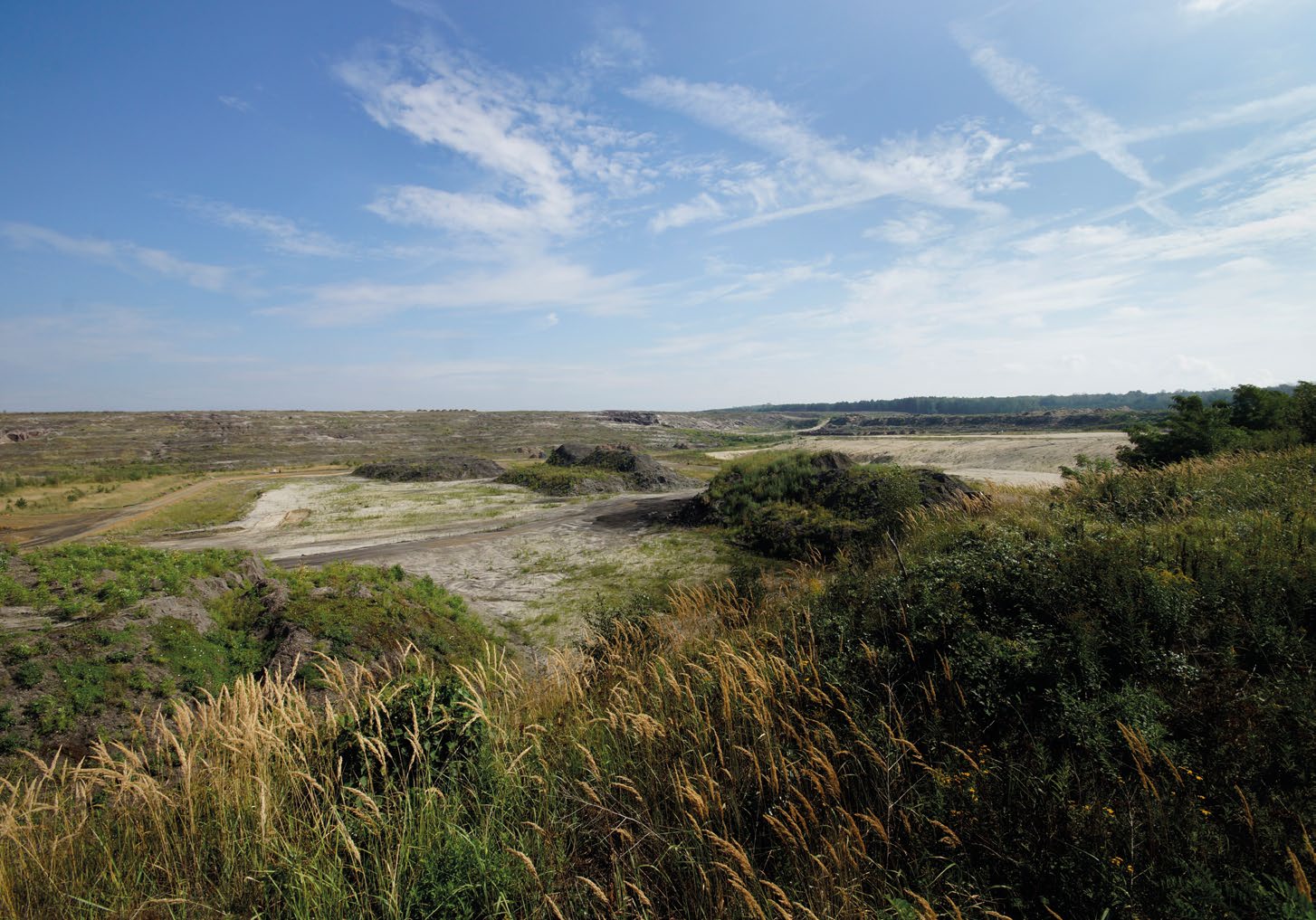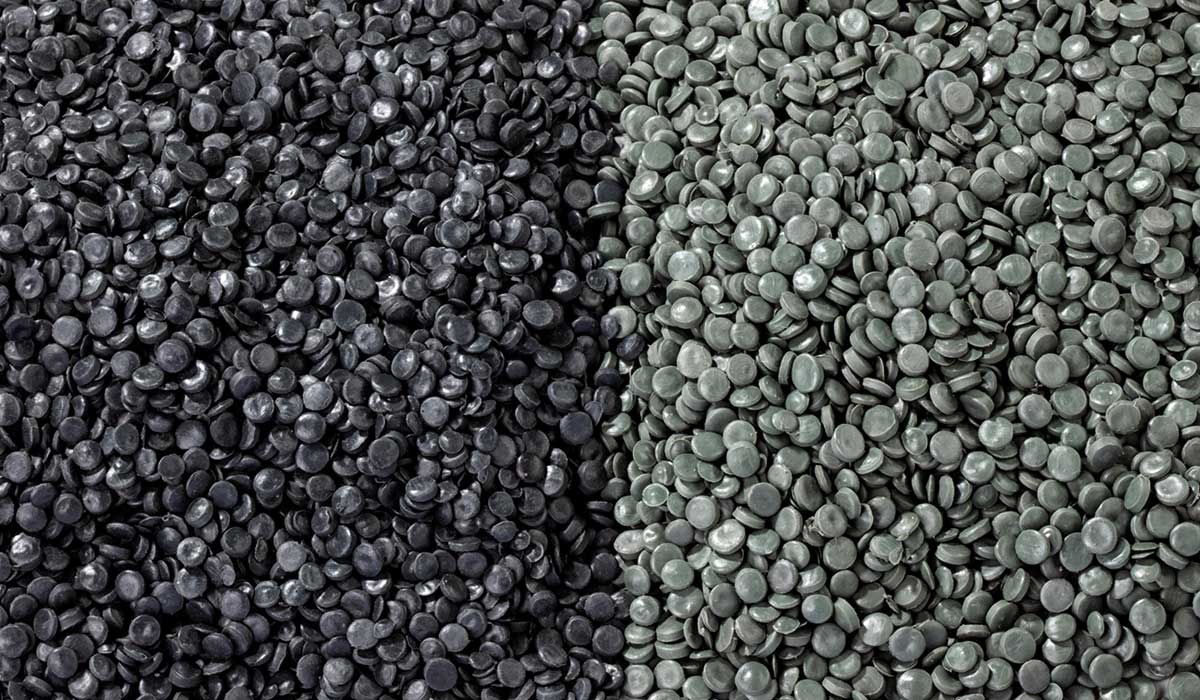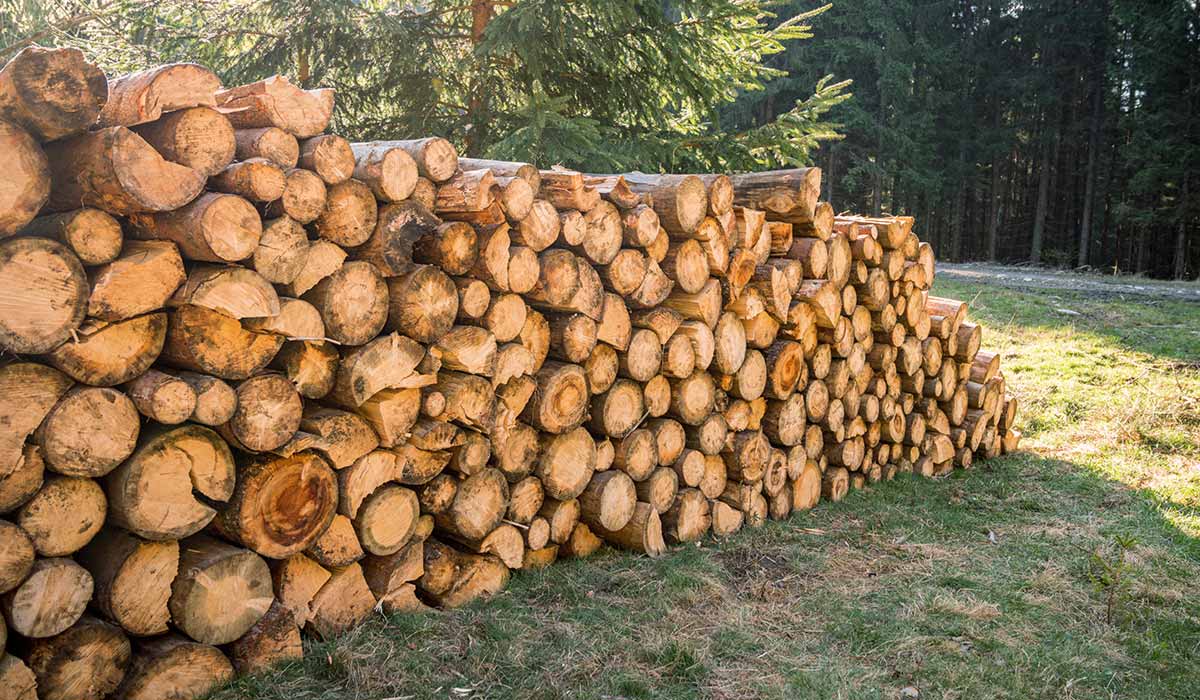
Resource conservation through circular economy
Lobbe produces high-quality substitute fuels in Paderborn
The delivery hall is bustling every day: Numerous disposal vehicles deliver their household, commercial, and mixed construction waste, which is sorted at PEG (Pader Entsorgung GmbH) in an elaborate process and converted into high-quality substitute fuels especially for the cement industry. It is one of only a few plants in Germany that produces substitute fuels from waste.
The mechanical waste treatment plant at the "Alte Schanze" waste disposal centre in Paderborn-Elsen, a joint project of PreZero and Lobbe, has been in operation since the introduction of the TA Siedlungsabfall in 2005. Since the plant was commissioned, investments have been made again and again in high-performance technology and thus also in the 20 crisis-proof jobs. At the beginning of this year, the secondary shredder was renewed. Especially against the background of constantly increasing legal requirements, such as the Commercial Waste Ordinance, investments or expansions of the plant were necessary again and again. For example, in the course of the Commercial Waste Ordinance, an additional sorting cabin was put into operation in order to obtain further waste streams that can be recycled.
The mechanical waste treatment plant needs less than ten minutes to produce the high calorific value fraction from the delivered waste. Depending on the nature of the delivered material, more than one tonne of high-quality substitute fuel is obtained from two tonnes of waste, which even exceeds the calorific value of lignite and is used exclusively in the cement industry.
First, the delivered waste ends up in a pre-shredder. The shredded parts are then divided into two fractions by screening. While the smaller particles are thermally recycled, the larger particles go for further processing. In the next steps, the waste is further separated, ferrous and non-ferrous metals are extracted and a light fraction with paper and plastics and a heavy fraction with, for example, wood and cans is created. The light fraction is then sent directly to the secondary shredder, while the heavy fraction is further separated.
In the secondary crushing stage, all remaining parts are reduced to a size of 0-30 millimetres. In the end, around 55,000 tonnes end up as high-quality substitute fuels exclusively in the cement industry, and around 15,000 tonnes in medium-calorific combined heat and power plants. The plant in Paderborn thus makes a significant contribution to reducing the use of fossil fuels in the energy-intensive processes of the cement and power plant industries.

